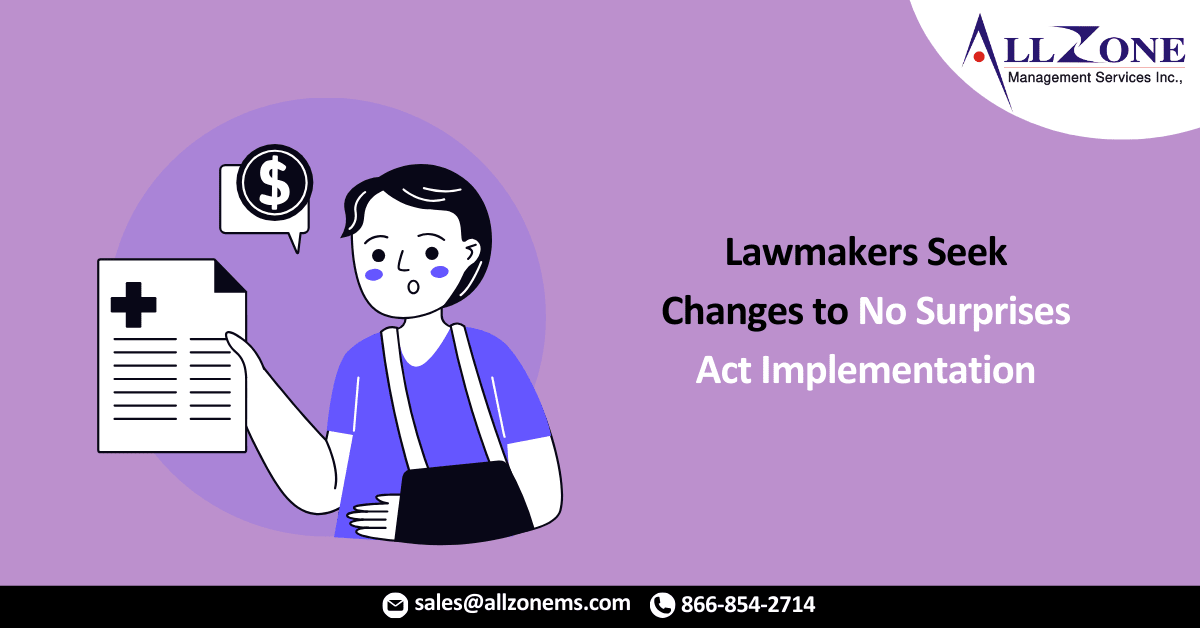The bill comes in the wake of a U.S. Supreme Court decision blocking President Biden’s nationwide vaccine mandate for large employers. A group of California lawmakers, led by District 15 Assemblymember Buffy Wicks, have introduced a bill proposing that all businesses in the state mandate COVID-19 vaccinations for their employees. Assembly Bill 1993 would require […]
As more providers leverage telehealth services and EHR systems, the federal government has seen increased False Claims Act violations and healthcare fraud. Healthcare digitization, including increased use of telehealth and EHR has led to a higher volume of healthcare fraud and False Claims Act (FCA) cases, according to lawyers from Hogan Lovells. The False Claims […]
The Centers for Medicare & Medicaid Services (CMS) has finalized 2022 payments and policies under the Medicare Physician Fee Schedule (MPFS). The rule includes updates to payment rates for physicians and other healthcare professionals for calendar year (CY) 2022; expands the use of telehealth for mental health; clarifies policies related to split (shared) visits, critical […]
More than a third of Representatives call on the federal government to revise No Surprises Act implementation, specifically around the independent dispute resolution process. A bipartisan group of 152 House members wrote to the secretaries of Health and Human Services, Treasury and Labor and urged them to amend the interim final rule (IFR) that will […]
Surprise billing occurs when patients receive care from out-of-network providers without their knowledge. On July 1, the Biden Administration passed an interim final rule: the first portion of the “Requirements Related to the Surprise Billing Act,” in an attempt to curb excessive costs patients are required to pay in relation to surprise billing. The rule […]
Reducing denials starts with understanding osteopathic manipulation as well as coding and coverage guidelines for this therapy. Is it appropriate to bill an evaluation and management (E/M) service when osteopathic manipulative treatment (OMT) is performed at the same visit? We must address a few key principles to adequately answer this question. I learned quickly, having […]
Understanding the qualifying payment amount and the initial information on the independent dispute resolution process “should be a short-term priority for revenue cycle leaders and their teams,” says attorney Harvey Rochman. Earlier this month, the federal government released an interim final rule outlining certain provisions of the No Surprises Act (NSA), which is designed […]
The healthcare sector is in urgent requirement of an AI solution that can process a massive amount of data without compromising the speed and accuracy of billing. Medical billing and coding is a critical component of healthcare. The medical billing outsourcing market alone is estimated to reach $16.9 billion by 2021. The coding and billing […]
Physicians in a hospital’s emergency department (ED) collected significantly more of the charged amount for likely surprise medical bills compared to other patient cases, a new study in Health Affairs reveals. In the event of a likely surprise medical bill, physicians collected 65 percent of the charged amount compared with just 52 percent for other cases. Researchers also […]
In the realm of medical billing and coding, the incorporation of artificial intelligence stands as a pivotal advancement. Its role in healthcare establishments is to optimize billing procedures, thereby mitigating costly errors. Among the array of AI-driven technologies, machine learning and Natural Language Processing (NLP) take the forefront. These tools excel at swiftly and accurately […]










